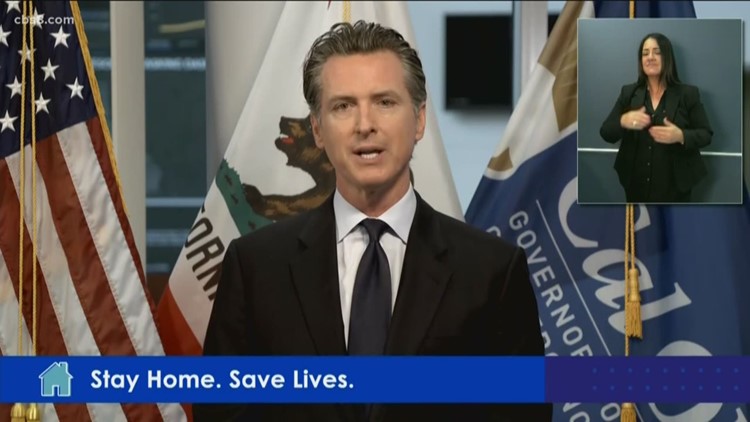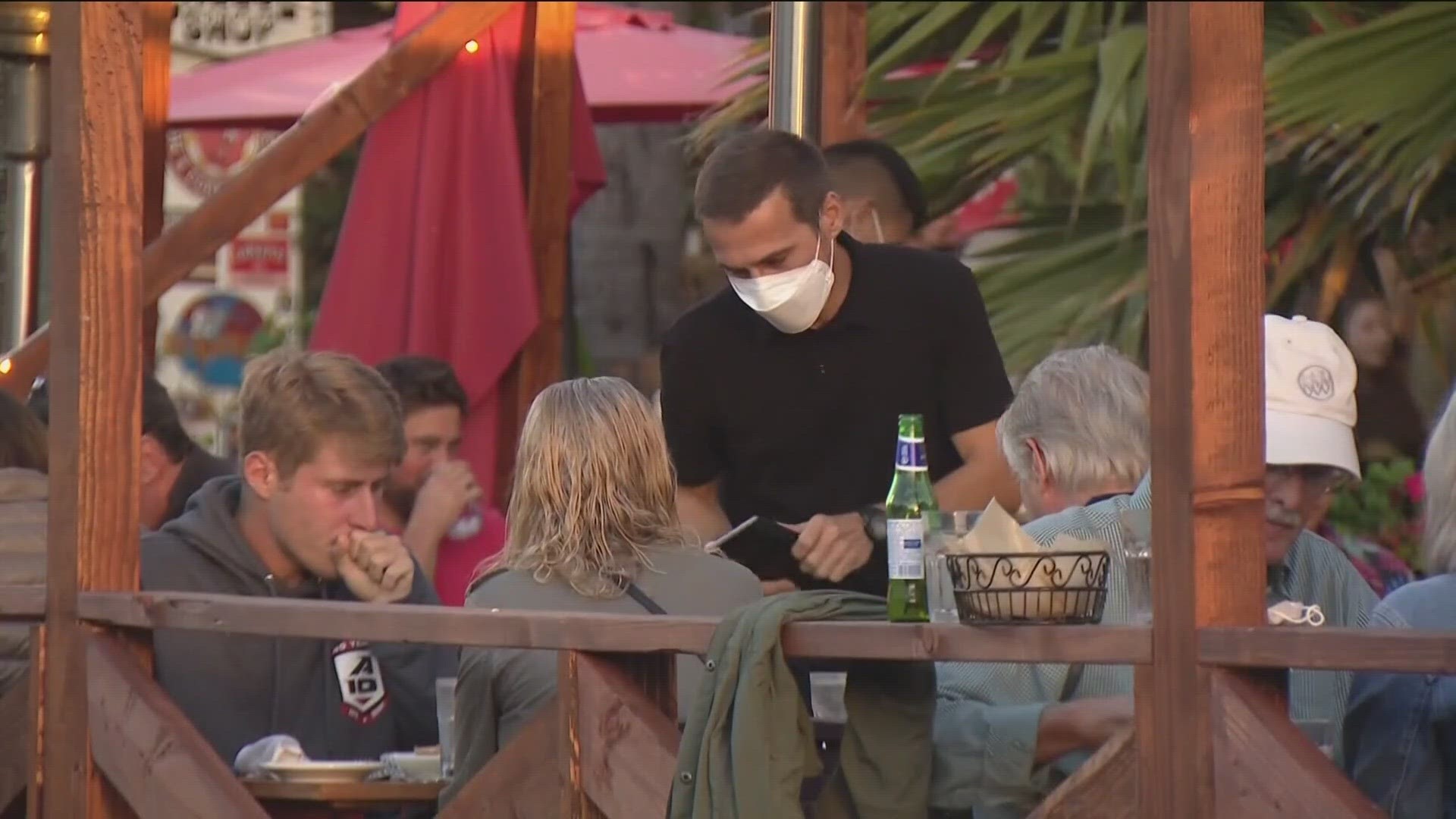SACRAMENTO, Calif. — As the number of coronavirus cases in California continues to rise, Governor Gavin Newsom has enacted multiple initiatives to help California residents.
The first initiative announced on Monday called on recently retired doctors and nurses as well as medical students to join the workforce. In all, the government estimates 37,000 people would be eligible to return to the medical field and help take care of the surging number of sick people.
The program is specifically looking for recently retired doctors and nurses as well as those who are close to completing their medical studies. The initiative would allow medical students to begin practicing under the supervision of medical professionals.
Doctor Omar Khawaja, Chief Medical Officer for Palomar Health said, “You don't want to take a new graduate and drop them on the front lines, but that person can work very well within a hierarchy system. We're looking at it and its part of our crisis planning and being ready for it is the right thing to do.”
A second initiative was announced on Tuesday. It is set to connect seniors during this time of quarantine and social distancing. The state has set up a hotline to answer questions and find ways to support the senior citizens in California. The phone number is 833-544-2374. The state has also partnered with the 2-1-1 service to help connect people to needed services.

NEWS 8 joined forces with The San Diego Foundation to raise IMMEDIATE, EMERGENCY FUNDS for our most vulnerable neighbors in need. Here is how you can help.
BACKGROUND:
According to the CDC, coronavirus (COVID-19) is a family of viruses that is spreadable from person to person. Coronavirus is believed to have been first detected in a seafood market in Wuhan, China in December 2019. If someone is sick with coronavirus, the symptoms they may show include mild to severe respiratory illness, cough, and difficulty breathing.
Currently, there is no vaccine, however, the CDC suggests the following precautions, along with any other respiratory illness:
Avoid close contact with people who are sick.
Avoid touching your eyes, nose, and mouth.
Stay home when you are sick.
Cover your cough or sneeze with a tissue, then throw the tissue in the trash.
Clean and disinfect frequently touched objects and surfaces using a regular household cleaning spray or wipe.
Wash your hands with soap and water for a minimum of 20 seconds.
The CDC also says facemasks should only be used by people who show symptoms of the virus. If you’re not sick, you do not have to wear a facemask.



